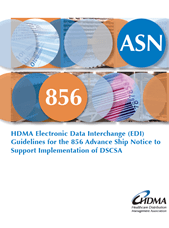 Yesterday the FDA posted a new document on their website with the title, “Unique Device Identification System: Small Entity Compliance Guide, Guidance for Industry and Food and Drug Administration Staff”. The document is 23 pages long and it includes an explanation—in what the FDA calls “plain language”—of the FDA’s Unique Device Identification (UDI) system and the Global Unique Device Identification Database (GUDID). It is aimed at small businesses, but it is a good read for anyone who wants an overview of the regulation. The guidance contains non-binding recommendations for companies who must meet the UDI final rule, including makers of class III medical devices, which must comply by September 24 of this year.
Yesterday the FDA posted a new document on their website with the title, “Unique Device Identification System: Small Entity Compliance Guide, Guidance for Industry and Food and Drug Administration Staff”. The document is 23 pages long and it includes an explanation—in what the FDA calls “plain language”—of the FDA’s Unique Device Identification (UDI) system and the Global Unique Device Identification Database (GUDID). It is aimed at small businesses, but it is a good read for anyone who wants an overview of the regulation. The guidance contains non-binding recommendations for companies who must meet the UDI final rule, including makers of class III medical devices, which must comply by September 24 of this year.
The document was a requirement under Section 212 of the Small Business Regulatory Enforcement Fairness Act of 1996. That act requires the FDA to Continue reading FDA Posts Small Entity Compliance Guide For UDI and GUDID







